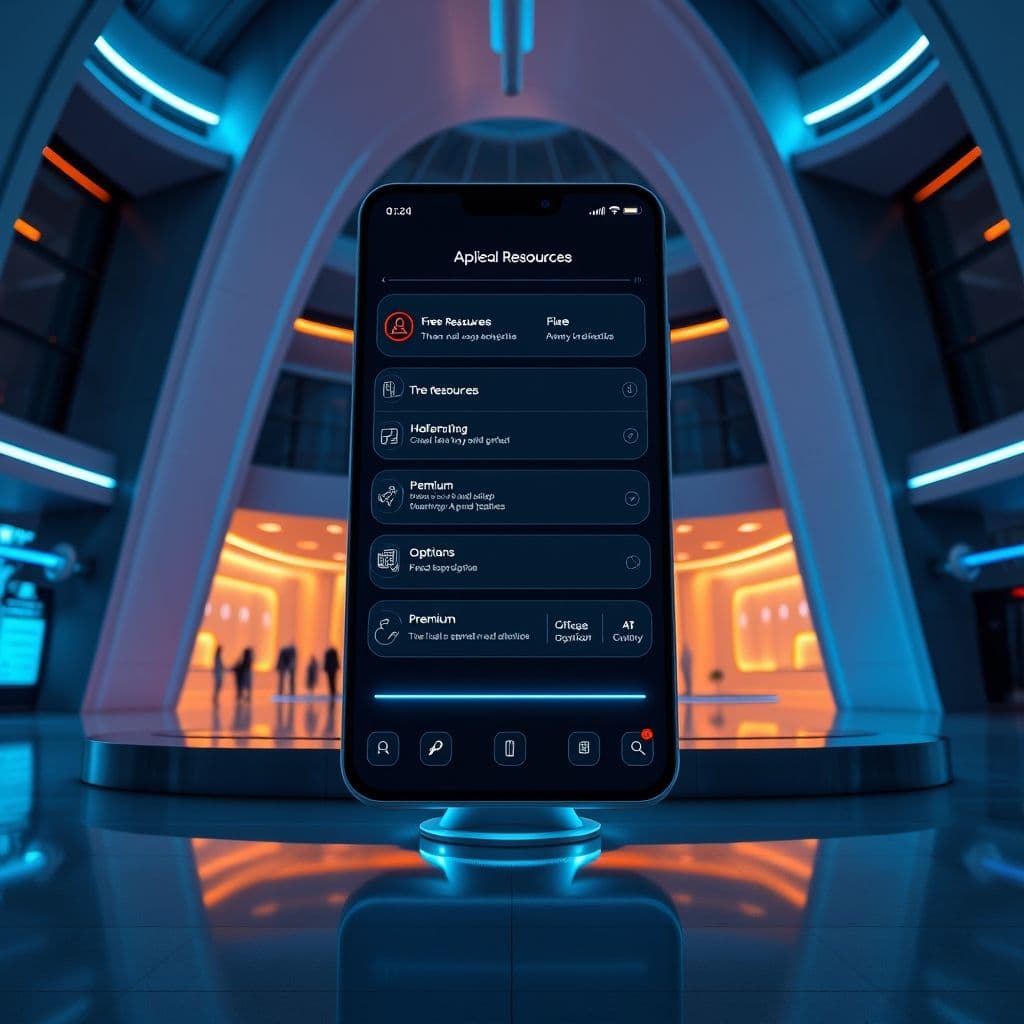Accessibility in Mental Health: A SaaS Solution for Subscription-Free Therapy

Mental health is a right, not a privilege. Yet for millions of people, the high cost of traditional therapy and subscription apps creates insurmountable barriers. In this article, we explore a SaaS idea that could democratize access to self-help tools and community support, free of financial strings.
The problem: The mental-health accessibility crisis
User comments reveal an alarming pattern: $522 bills for 10-minute assessments, unaffordable treatments, and the anguish of choosing between mental health and financial stability. Teenagers avoid asking for help for fear of their parents’ reaction, and many feel that "nothing works" after years of unsuccessful attempts. The root of the problem is not a lack of willingness but systems designed for those who can pay.

SaaS idea: A radically accessible model
Imagine a platform that combines the best of traditional therapy apps with an inclusive economic model. No hidden subscriptions or per-minute fees. Instead, it would offer:
- Free resource library: CBT exercises, guided meditations, and courses on anxiety management, created by professionals.
- Live community sessions: Group workshops with certified therapists, funded through a "pay what you can" model.
- Peer support network: Moderated forums where users share expert-validated strategies and experiences.

How it would remain sustainable
The concept includes cross-subsidies: users who can donate support access for those without resources. Partnerships with universities would allow supervised psychology students to offer low-cost consultations. A "social credits" system rewards community contributors with access to premium features.
Conclusion
While current solutions leave out those who need them most, this SaaS proposal envisions a paradigm in which technology does not replicate but repairs the inequities of the mental-health system. The technical feasibility exists; the real challenge is prioritizing impact over profit.
Frequently Asked Questions
- How would professional burnout be avoided in a low-cost session model?
- The idea would include controlled therapist rotation, daily session limits, and AI tools for initial triage, protecting practitioners' well-being.
- What would prevent misuse of the community forums?
- Hybrid moderation: algorithms detect risky language while volunteer psychologists oversee sensitive discussions. Users earn reputation through validated contributions.


